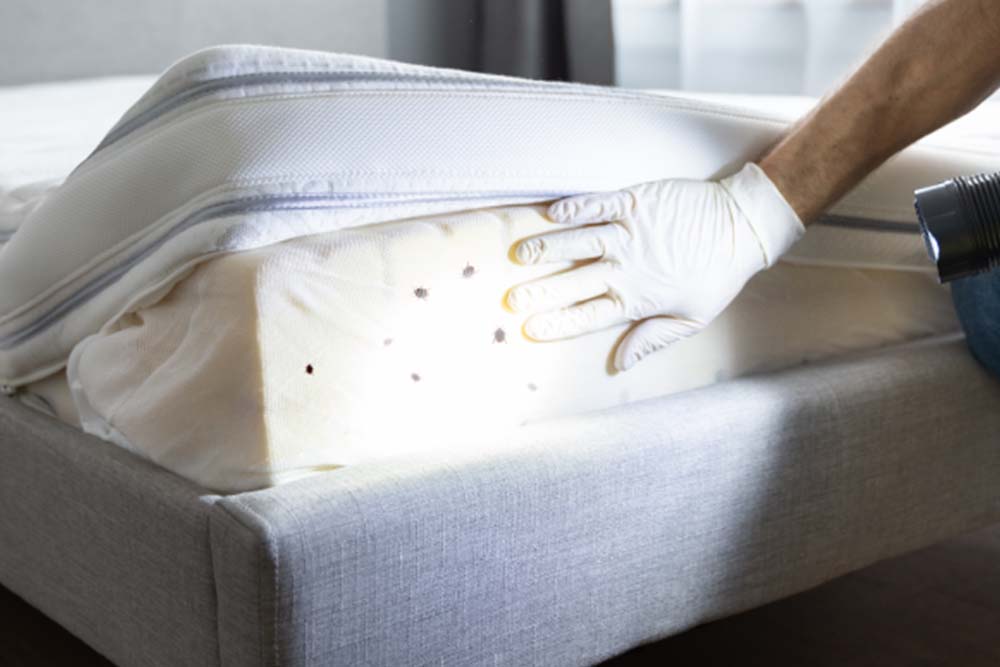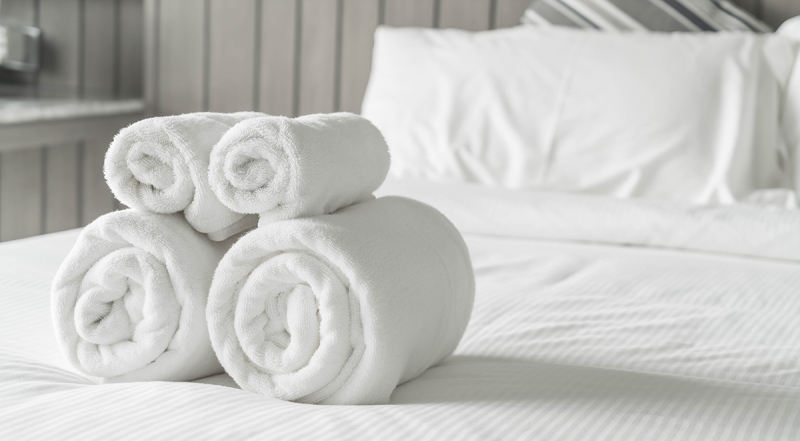As the hospitality industry continues to evolve, one of the constant challenges remains pest management. It's a critical issue that affects guest satisfaction and the reputation of hotels. But with the advancement of technology, the question now is, what future technologies could improve hotel pest monitoring? In this article, we delve into the innovative solutions that could revolutionize how hotels handle pest control.

The Growing Need for Advanced Pest Monitoring
In recent years, the demand for more effective pest management solutions has surged. Traditional methods, though reliable to an extent, often fall short when it comes to early detection and preventive measures. Hotels, especially large chains, are on the lookout for solutions that offer not only efficiency but also sustainability. With the advent of new technologies, the potential to enhance hotel pest monitoring is immense.
Smart Sensors and IoT Integration
One of the promising technologies in the realm of pest monitoring is the integration of smart sensors and the Internet of Things (IoT). These sensors can be strategically placed throughout a hotel to constantly monitor pest activity. They can detect movements and patterns that are indicative of pest presence, providing real-time data to hotel management. This proactive approach allows for swift action before infestations become a larger issue.
Furthermore, IoT devices can be linked to a centralized system where data is analyzed to understand pest behavior and trends. This technology not only aids in immediate pest detection but also helps in formulating long-term strategies for pest control.
AI and Machine Learning Applications
Artificial Intelligence (AI) and Machine Learning (ML) are transforming industries, and pest monitoring is no exception. AI algorithms can process vast amounts of data collected from various sensors and cameras placed around the hotel premises. By learning from this data, AI systems can predict potential pest outbreaks and suggest preventive measures.
Machine learning models can identify patterns and anomalies that might not be immediately apparent to the human eye. This capability makes them invaluable in understanding the dynamics of pest infestations and in developing targeted strategies to mitigate them.
Drone Technology for Large Estates
For hotels with expansive properties, drones offer an innovative solution for monitoring pests. Equipped with thermal imaging and high-resolution cameras, drones can cover large areas quickly, identifying potential pest hotspots that require attention. This technology is particularly useful for outdoor spaces such as gardens and recreational areas, where pests might otherwise go unnoticed until it's too late.
Drones provide a birds-eye view, offering insights that are difficult to obtain from ground level. This aerial advantage can significantly enhance the efficiency of pest monitoring and control efforts.
Blockchain for Transparency in Pest Management
Blockchain technology, known for its secure and transparent nature, can be leveraged in pest management to maintain records of pest control activities. This transparency is crucial for hotels to demonstrate compliance with health and safety regulations. With blockchain, every action taken against pests is recorded in a tamper-proof ledger, ensuring accountability and traceability.
This level of transparency can also build trust with guests, as hotels can provide verifiable proof of their pest management efforts, enhancing their reputation.
Case Studies and Real-World Applications
The application of these futuristic technologies is not just theoretical. Several hotels have already started implementing smart pest management solutions with positive results. For example, some chain hotels have integrated IoT-based systems to monitor pest activity in kitchens and dining areas, significantly reducing incidents of infestations.
Furthermore, AI-driven analytics are being used to predict seasonal pest patterns, allowing hotels to prepare in advance. Drones have been particularly effective in resorts with large outdoor spaces, ensuring that pest control is both efficient and cost-effective.
Looking Ahead: The Future of Pest Monitoring in Hotels
As we look to the future, the integration of these technologies promises a more proactive and efficient approach to pest monitoring in hotels. By embracing innovation, hotels can not only protect their properties and guests but also enhance their operational efficiency and brand reputation.
To learn more about pest management strategies, check out this Ecolab guide on hotel pest control.

FAQ Section
How does AI improve pest monitoring in hotels?
AI improves pest monitoring by analyzing data from sensors and cameras to predict outbreaks and suggest preventive measures.
What role do drones play in pest control?
Drones provide aerial surveillance of large properties, identifying pest hotspots and enhancing monitoring efficiency.
Can blockchain technology be used in pest management?
Yes, blockchain can maintain transparent records of pest control activities, ensuring accountability and compliance.
